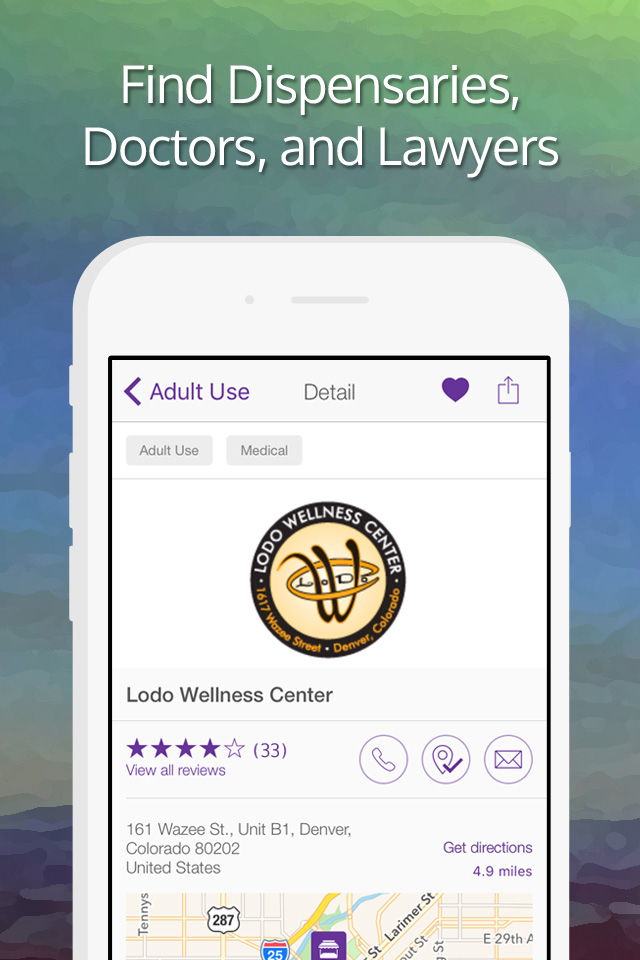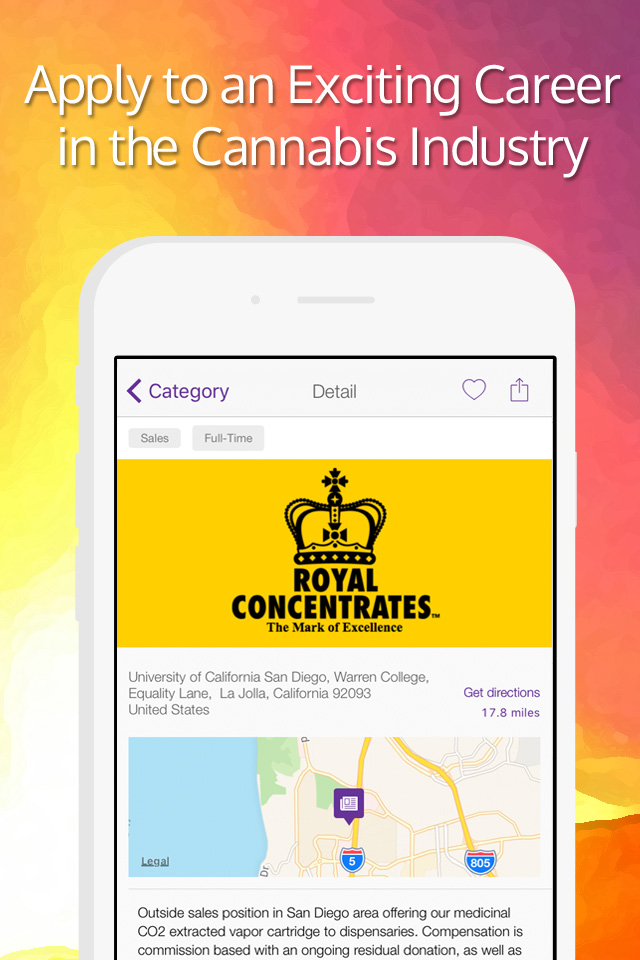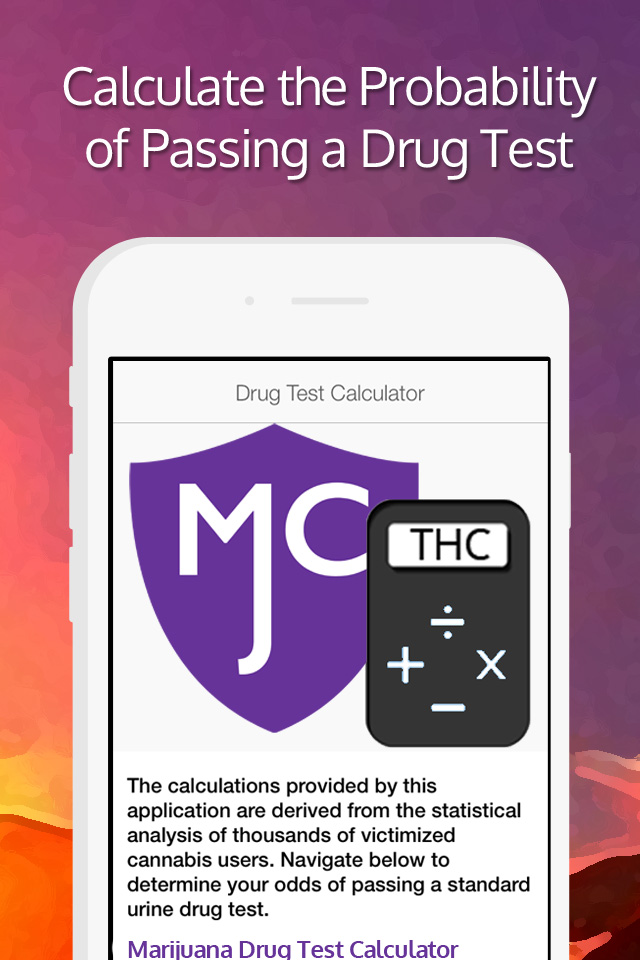Understanding Cannabis Laws and Regulations
Welcome to our comprehensive guide on understanding cannabis laws and regulations in the United States. As the legal status of cannabis continues to evolve across the country, it’s important to stay informed about the specific laws and regulations that govern its use, possession, and cultivation.
Cannabis laws and regulations vary from state to state, with each jurisdiction having its own set of rules. These laws determine the legal status of cannabis, the requirements for obtaining licenses, the operation rules for cannabis businesses, and the restrictions placed on cannabis consumers.
It’s crucial for individuals and businesses operating in the cannabis industry to be familiar with these laws to ensure compliance and avoid legal issues. By understanding the intricacies of cannabis laws and regulations, we can navigate the industry responsibly and contribute to its growth.
Key Takeaways:
- Cannabis laws and regulations vary from state to state in the United States.
- Understanding the legal status of cannabis is essential for individuals and businesses in the industry.
- Compliance with licensing requirements and operation rules is crucial for cannabis businesses.
- Cannabis consumers must adhere to specific rules regarding age restrictions and possession limits.
- Being aware of the potential health hazards of cannabis use is important for responsible consumption.
How Cannabis Businesses are Regulated
In California, cannabis businesses are subject to a comprehensive regulatory framework enforced by the Department of Cannabis Control (DCC). These regulations govern various aspects of the cannabis industry, ensuring safe operations and product quality. The DCC oversees the licensing process, operation rules, product manufacturing, packaging requirements, and testing standards.
Table:
| Regulatory Aspect | Details |
|---|---|
| Licensing | The DCC manages the licensing process for all cannabis businesses, including cultivators, manufacturers, distributors, and dispensaries. |
| Operation Rules | Businesses must adhere to specific rules and regulations set by the DCC to ensure compliance with safety and security measures. |
| Product Manufacturing | Strict guidelines are in place to regulate the production of cannabis products, including requirements for labeling, dosages, and ingredients. |
| Packaging Requirements | Cannabis products must be packaged in child-resistant containers, with clear labeling and appropriate warnings. |
| Testing Standards | All cannabis products undergo rigorous testing to ensure quality, potency, and freedom from contaminants. |
These regulations are designed to protect consumers and maintain the integrity of the cannabis industry. However, it’s worth noting that cities and counties in California may also have their own ordinances that establish additional rules for the local community.
“The regulatory framework set by the Department of Cannabis Control ensures that cannabis businesses in California operate safely, provide quality products, and comply with state laws,” says John Smith, a cannabis industry expert.
“This comprehensive approach allows for transparency and accountability while promoting consumer safety and confidence in the legal cannabis market.”
Rules for Cannabis Consumers
When it comes to using cannabis in California, there are certain rules and regulations that consumers must follow. These regulations are in place to ensure the safety and responsible use of cannabis products. Let’s take a closer look at some of the key rules that consumers should be aware of:
Age Restrictions
One of the most important regulations for cannabis consumers is the age restriction. In California, individuals must be 21 years or older to purchase and consume cannabis products. This is to prevent underage consumption and to ensure that cannabis use is limited to adults who can make informed decisions about their use.
Possession Limits
Consumers should also be aware of the possession limits set for cannabis products. In California, adults 21 years and older can possess up to 28.5 grams of cannabis flower and up to 8 grams of cannabis concentrate. It’s important to note that possessing larger amounts can lead to legal consequences, so it’s crucial to stay within the legal limits.
Medical Cannabis Requirements
For individuals using cannabis for medical purposes, there are specific requirements that need to be met. In addition to the age restriction and possession limits, patients must have a valid medical cannabis recommendation from a licensed healthcare provider. This recommendation allows them to access a wider range of cannabis products and have higher possession limits.
By adhering to these rules and regulations, cannabis consumers can ensure that they are using cannabis responsibly and within the boundaries set by the law. It’s important to stay informed and educated about the regulations in your state to promote safe and responsible cannabis use.
Equity Programs in the Cannabis Industry
Supporting marginalized communities and promoting inclusion in the cannabis industry are essential goals for creating a more equitable and diverse marketplace. To address the historical disparities caused by the War on Drugs, some cities and counties in California have implemented equity programs that aim to provide opportunities and support to individuals who have been disproportionately affected.
These equity programs offer a range of assistance to aspiring cannabis entrepreneurs from marginalized communities. This support may include expedited application processes, mentorship programs, technical assistance, access to capital, and grants. By providing these resources, equity programs strive to level the playing field and ensure that individuals who have been historically marginalized have a fair chance to participate in the industry.
It is important to note that the specific details and requirements of equity programs may vary depending on the city or county. Before applying, individuals should research the equity program in their local area to understand the eligibility criteria and available resources. Local city or county offices are the best source of information for obtaining accurate and up-to-date details regarding equity programs.
Table: Examples of Equity Programs in California
| City/County | Equity Program Details |
|---|---|
| Oakland | Provides priority licensing, business development support, and technical assistance to equity applicants. Offers grants and low-interest loans to equity entrepreneurs. |
| Los Angeles | Offers additional points during the licensing process for equity applicants and provides business development resources, technical assistance, and access to capital. |
| San Francisco | Prioritizes equity applicants in the licensing process and provides business development and technical assistance. Offers grants and low-interest loans to equity entrepreneurs. |
Equity programs play a crucial role in ensuring that the cannabis industry becomes more inclusive and representative of the diverse communities it serves. By providing support, resources, and opportunities, these programs help create a more level playing field for individuals who have historically faced barriers to entry. Through the implementation of equity programs, the cannabis industry can work towards rectifying past injustices and building a more equitable and inclusive future.

Health Hazards of Cannabis Use
When it comes to cannabis use, it’s important to be aware of the potential negative health effects. While cannabis has been used for medicinal and recreational purposes for centuries, long-term or heavy use can lead to various health complications. One such complication is cannabis hyperemesis, a condition characterized by severe nausea, vomiting, and abdominal pain. This condition is seen primarily in chronic cannabis users and can be extremely debilitating.
Another concern surrounding cannabis use is addiction. While not everyone who uses cannabis will become addicted, studies have shown that regular, heavy use can increase the risk. Cannabis addiction is characterized by difficulty controlling or stopping cannabis use despite negative consequences. It can have a negative impact on various aspects of an individual’s life, including relationships, work or school performance, and overall well-being.
Furthermore, research has shown a correlation between heavy cannabis use and impaired cognitive function, altered brain development, and an increased risk of mental health disorders. These negative effects are more pronounced when cannabis use begins during adolescence or young adulthood. It’s important for individuals, especially young people, to be aware of these potential risks and make informed decisions about cannabis use.

The Importance of Responsible Use
“Responsible cannabis use is crucial for minimizing potential health hazards and ensuring the well-being of consumers.”
While cannabis has the potential to offer therapeutic benefits, it should be used responsibly and in moderation. It’s advisable to follow dosage guidelines and avoid excessive or prolonged use. Additionally, individuals should be aware of their own tolerance levels and take breaks from cannabis use to prevent dependence or addiction.
It’s also essential to prioritize public health regulations and guidelines when it comes to cannabis use. This includes adhering to age restrictions, being mindful of possession limits, and understanding the potential risks and side effects. By promoting responsible cannabis use and educating individuals about the potential health hazards, we can ensure a safer and healthier cannabis industry.
Potency and Sales Restrictions
When it comes to the potency of cannabis products, Vermont and Connecticut are currently the only states that have implemented potency caps. These caps are intended to prevent excessive consumption and promote responsible use. In most other states, there are no specific sales restrictions that promote moderation in cannabis use.
However, it’s worth noting that some states have implemented taxation based on THC potency rather than price or weight. This approach incentivizes more responsible and moderate THC consumption by taxing higher potency products at a higher rate. By doing so, it encourages consumers to choose products with lower THC levels, which can contribute to a more responsible and controlled cannabis consumption culture.
While regulations on potency and sales limits can play a role in promoting moderation, it’s ultimately up to individuals to practice responsible cannabis use. This means understanding your own tolerance, starting with low doses, and being mindful of potential risks associated with heavy or long-term cannabis use.

Benefits of Sales Limits and Potency Caps
Implementing sales limits and potency caps can have several benefits both for individuals and the cannabis industry as a whole. By promoting moderate cannabis use, these measures can help reduce the risk of negative health effects associated with heavy or excessive consumption.
| Benefits | Explanation |
|---|---|
| Public Health Protection | Sales limits and potency caps can help protect individuals from the potential harm of consuming high-potency cannabis products. By setting limits on sales and potency, regulators aim to prevent the negative health impact that can arise from excessive consumption. |
| Consumer Safety | Moderating cannabis consumption through sales limits and potency caps can help ensure that consumers are not at risk of experiencing adverse effects associated with high levels of THC. By encouraging responsible use, these measures prioritize consumer safety. |
| Industry Reputation | A regulated market that promotes moderation and responsible cannabis use can help maintain a positive reputation for the industry. By implementing sales limits and potency caps, the industry demonstrates a commitment to consumer safety and responsible practices. |
While not all states have implemented sales limits or potency caps, these measures can serve as a starting point for discussions around responsible cannabis use and consumer safety. By considering the potential benefits of such regulations, policymakers and regulators can work towards creating a more balanced and informed cannabis landscape.
Federal Regulation and Seed-to-Sale Tracking
While cannabis laws and regulations are primarily established at the state level, the absence of a comprehensive federal regulatory framework poses challenges for enforcement and public health research. To effectively regulate the cannabis industry and ensure compliance with state laws, a unified federal approach is necessary. One important aspect of such regulation is the implementation of a seed-to-sale tracking system.
A seed-to-sale tracking system would enable the tracking of cannabis products from cultivation to sale, ensuring that they are produced and distributed in compliance with regulations. This system would provide valuable data for enforcement purposes, helping to prevent illegal activities such as diversion and unauthorized sales. Additionally, it would assist in monitoring product quality and safety, ensuring that consumers have access to safe and reputable cannabis products.
The Importance of Seed-to-Sale Tracking
Seed-to-sale tracking is not only crucial for regulatory purposes but also for public health research. By implementing a comprehensive tracking system, researchers would have access to accurate and standardized data on cannabis products, consumption patterns, and their potential effects on health. This data would enable evidence-based decision-making, allowing for the development of effective public health policies and interventions.
| Benefits of Seed-to-Sale Tracking | Challenges of Seed-to-Sale Tracking |
|---|---|
|
|
“A seed-to-sale tracking system would provide valuable data for enforcement purposes, help prevent illegal activities, and ensure product quality and safety.”
While the implementation of a seed-to-sale tracking system presents certain challenges, such as the need for standardization among states and addressing privacy concerns, the benefits far outweigh the difficulties. A comprehensive federal regulatory framework, with a robust seed-to-sale tracking system, would not only ensure the integrity of the cannabis industry but also facilitate valuable research and protect public health.
Cannabis Legalization in New York State
The recent legalization of cannabis in New York State marks a significant milestone in the ongoing movement to reform cannabis laws and promote social justice. The Cannabis Law, enacted in March 2021, aims to create a new cannabis industry that prioritizes public health, social equity, and economic development. This historic legislation recognizes the disproportionate impact of cannabis prohibition on communities of color and takes steps to address past injustices by expunging cannabis-related arrests and convictions.
Under the Cannabis Law, adults aged 21 and older are now legally allowed to possess and consume cannabis for recreational purposes. However, it is important to note that the law also establishes regulations and restrictions to ensure the safe and responsible use of cannabis. These regulations cover areas such as licensing, quality assurance, packaging, and labeling of cannabis products.
The implementation of the Cannabis Law is overseen by the Cannabis Control Board and the Office of Cannabis Management. These regulatory bodies are responsible for issuing licenses to cultivators, processors, distributors, and dispensaries, while also developing and enforcing quality assurance standards and laboratory testing requirements. Additionally, a social and economic equity program is being developed to support individuals and businesses from communities disproportionately affected by cannabis enforcement, ensuring their participation and success in the legalized cannabis industry.
Cannabis Legalization Benefits
The legalization of cannabis in New York State brings several benefits to both individuals and the community at large. By allowing adults to possess and consume cannabis legally, the state can protect public health and safety by implementing regulations that ensure product quality, establish responsible consumption guidelines, and promote consumer education. Furthermore, the Cannabis Law provides opportunities for economic growth, job creation, and increased tax revenue.
The social justice aspect of the Cannabis Law is also crucial. By expunging past cannabis-related convictions and addressing the disproportionate impact on marginalized communities, the law takes significant steps towards righting the injustices of the past. It aims to create a more equitable and inclusive cannabis industry by actively encouraging the participation of individuals and businesses from communities disproportionately affected by cannabis prohibition.

As New York State navigates the complexities of legalizing cannabis, it is important to remember that responsible cannabis use and public health remain top priorities. With comprehensive regulations in place, the state can ensure that the cannabis industry operates safely and responsibly, providing consumers with access to high-quality products while protecting public health. As the industry continues to evolve, ongoing education, research, and collaborative efforts will be essential in maximizing the benefits of cannabis legalization in New York State.
Licensing and Quality Assurance in New York State
The legalization of cannabis in New York State has created a need for robust licensing and quality assurance measures to ensure the safety and integrity of cannabis products. The Cannabis Control Board and the Office of Cannabis Management oversee the licensing process for cultivators, processors, distributors, and dispensaries. These regulatory bodies are responsible for establishing stringent standards and regulations that govern the production, testing, packaging, and labeling of cannabis products.
To obtain a license, cannabis businesses in New York State must meet specific criteria related to security, record-keeping, good manufacturing practices, and product safety. The licensing process involves thorough inspections and compliance checks to ensure that businesses are operating in accordance with the law. This helps to create a transparent and accountable industry that prioritizes consumer safety.
Quality assurance is an essential aspect of the cannabis industry. The Office of Cannabis Management is developing comprehensive quality control standards to ensure that cannabis products are safe, consistent, and accurately labeled. This includes laboratory testing requirements for potency, contaminants, and product composition. By implementing these quality assurance measures, New York State aims to protect consumers from harmful substances and misleading product claims.
Table: Key Requirements for Cannabis Licensing in New York State
| Licensing Category | Key Requirements |
|---|---|
| Cultivators |
|
| Processors |
|
| Distributors |
|
| Dispensaries |
|
By implementing comprehensive licensing and quality assurance measures, New York State aims to foster a responsible and safe cannabis industry. These regulations protect consumers, promote transparency, and uphold the highest standards of product safety and integrity.
Considerations for Responsible Cannabis Use
When it comes to cannabis use, responsible consumption and adherence to public health regulations are paramount. As the cannabis industry continues to grow and evolve, it is crucial to prioritize the well-being of consumers and ensure their safety. With that in mind, there are several key considerations for responsible cannabis use that both individuals and businesses should keep in mind.
First and foremost, moderation in cannabis consumption is essential. While cannabis can offer potential benefits, excessive or heavy use, especially with high-potency products, can lead to negative health outcomes. It is important to be mindful of the quantity and potency of cannabis consumed and to be aware of the potential risks associated with long-term or heavy use. By practicing moderation, individuals can better manage their consumption and minimize any potential negative effects.
Another important aspect of responsible cannabis use is staying informed about and complying with public health regulations. Different states and jurisdictions have specific laws and regulations in place to ensure the safety and quality of cannabis products. This may include regulations on product testing, labeling, packaging, and more. By understanding and adhering to these regulations, both individuals and businesses can contribute to a safer and more responsible cannabis industry.
Key Considerations for Responsible Cannabis Use:
- Practice moderation in cannabis consumption
- Stay informed about public health regulations
- Adhere to product testing, labeling, and packaging requirements
- Be aware of the potential risks of long-term or heavy cannabis use
- Seek professional guidance or medical advice if needed
“With responsible cannabis use and a commitment to public health, we can ensure that the industry continues to thrive while prioritizing consumer safety and well-being.”
Job Opportunities in the Cannabis Industry
The legalization of cannabis has opened up a wide range of job opportunities in the industry. As the cannabis market continues to expand, there is a growing demand for skilled professionals in various sectors. Whether you have a passion for cultivation, processing, retail, or regulatory compliance, there are promising career paths to explore.
Here are some of the key job prospects in the cannabis industry:
- Cultivation: From master growers to cultivation technicians, there is a need for skilled individuals who can oversee the cultivation and harvesting of cannabis plants. This involves tasks such as monitoring plant health, implementing nutrient schedules, and ensuring compliance with state regulations.
- Processing: Processing cannabis involves transforming raw plant material into various products, such as oils, edibles, concentrates, and topicals. Jobs in this sector include extraction technicians, lab analysts, and product development specialists.
- Retail: With the increasing number of dispensaries and retail establishments, there is a demand for knowledgeable budtenders, store managers, and sales associates who can provide customers with guidance and information about different cannabis products.
- Compliance and Regulation: As the cannabis industry becomes more regulated, there is a need for professionals who can navigate the complex legal and regulatory landscape. Jobs in this sector include compliance officers, regulatory affairs specialists, and licensing consultants.
This is just a glimpse of the job opportunities available in the cannabis industry. As the industry continues to grow and evolve, new roles and career paths are likely to emerge. If you are interested in pursuing a career in cannabis, it is essential to stay informed about the latest industry trends and developments. Investing in education and training programs related to cannabis can also enhance your job prospects and make you a more competitive candidate in this fast-growing industry.
Conclusion
As we conclude, it is crucial for individuals and businesses operating in the cannabis industry to have a solid understanding of the laws and regulations that govern it. These laws can vary significantly from state to state, but there are common elements that apply across the board.
Firstly, licensing requirements play a pivotal role in the industry. Whether you are cultivating, processing, distributing, or operating a dispensary, obtaining the appropriate licenses is essential to ensure legal compliance and legitimacy in your operations.
Secondly, product quality assurance is of utmost importance. Regulations are in place to ensure that cannabis products are safe for consumption, properly labeled, and free from harmful contaminants. Adhering to these regulations not only protects consumers but also fosters trust in the industry as a whole.
Lastly, responsible cannabis use and the promotion of public health remain key considerations. By educating individuals about the potential health hazards of cannabis use and implementing regulations that prioritize consumer safety, we can safeguard the well-being of consumers while allowing the industry to flourish.
FAQ
What are cannabis laws and regulations?
Cannabis laws and regulations are legal frameworks that govern the cultivation, production, distribution, and use of cannabis. These laws vary from state to state in the United States.
How are cannabis businesses regulated?
Cannabis businesses in California are subject to regulations set by the Department of Cannabis Control (DCC), which cover licensing, operation rules, product manufacturing, packaging requirements, and testing standards. Cities and counties may also have their own ordinances with specific rules.
What are the rules for cannabis consumers?
Individuals using cannabis in California must adhere to age restrictions, possession limits, and specific requirements for medical cannabis use outlined in the Health and Safety Code. These rules aim to ensure responsible consumption.
What are equity programs in the cannabis industry?
Equity programs provide support to individuals from communities disproportionately affected by the War on Drugs. These programs offer assistance with licensing, operating a cannabis business, and direct financial support to promote inclusion and economic development.
What are the health hazards of cannabis use?
Long-term or heavy use of cannabis, particularly high-potency products, can lead to negative health outcomes such as psychosis, cannabis hyperemesis, and addiction. Studies have also shown a correlation between heavy cannabis use and impaired cognitive function and increased risk of mental health disorders.
Are there potency and sales restrictions for cannabis?
Vermont and Connecticut are the only states with potency caps on most cannabis products. Most states do not have sales restrictions that promote moderation in cannabis use. Taxing cannabis products based on potency may incentivize more responsible consumption.
How is federal regulation of cannabis handled?
The absence of a comprehensive federal cannabis regulatory framework poses challenges for enforcement and public health research. A federal seed-to-sale tracking system would assist in tracking cannabis products, ensuring compliance, and enabling effective enforcement.
What is the legal status of cannabis in New York State?
Cannabis has been legalized for adults aged 21 and older in New York State. The Cannabis Law aims to create an industry that prioritizes public health, social justice, and equitable economic development, including expunging past cannabis-related arrests and convictions.
How are licensing and quality assurance regulated in New York State?
The Cannabis Control Board and the Office of Cannabis Management in New York State are responsible for licensing cultivators, processors, distributors, and dispensaries. They are also establishing quality assurance standards, testing requirements, and packaging and labeling regulations to ensure product safety.
What considerations are important for responsible cannabis use?
Responsible cannabis use involves adhering to regulations, promoting moderation, and prioritizing public health. Policies such as potency caps, sales limits, and taxation based on THC potency can encourage responsible consumption.
What job opportunities are available in the cannabis industry?
The cannabis industry provides job opportunities in various sectors, including cultivation, processing, dispensary operations, and regulatory compliance. Workforce development programs are being implemented to provide training and support for individuals interested in pursuing careers in the industry.
What is the summary of cannabis laws and regulations?
Cannabis laws and regulations vary from state to state and cover various aspects, including licensing, product quality assurance, and consumer safety. Adhering to regulations, promoting responsible use, and prioritizing public health are important considerations for the cannabis industry.













